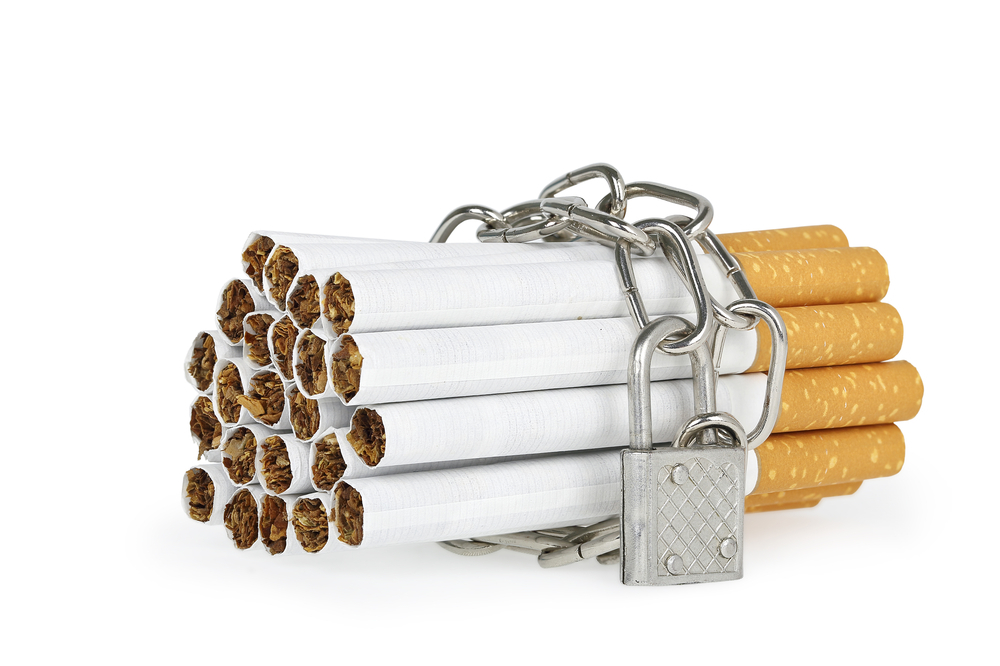Plans to implement a controversial cigarette tax in Indiana have critics arguing that the negatives outweigh any positive outcomes the tax may create.
“Any time you tax citizens, you increase revenue; however, that revenue is not going to be as much as you think it would be,” Scot Imus, executive director of the Indiana Petroleum Marketers and Convenience Store Association (IPCA), told the Indiana Business Daily.
Indiana is a test case for targeted tax cuts on products such as cigarettes and diesel fuel. In 2017, the state slapped a 10-cents-a-gallon tax on diesel fuel, ostensibly to fund road improvements. The state currently taxes cigarettes at $1 a pack, but anti-smoking advocates are pushing the Indiana legislature to raise it to $3 per pack.
Imus said he is skeptical about the benefits of such tax hikes and warns they could have a down side.
“Indiana has received a lot of purchases from [surrounding] high-tax states, so once that tax is equalized you would lose that [revenue] because those dollars coming from Illinois and Michigan would no longer come to Indiana,” he said.
Indiana convenience stores could likewise see a drop, particularly at stores bordering lower-taxed states. A similar scenario happened when the state's diesel tax jumped from 17 cents a gallon to nearly 39 cents, Imus said.
“Stations along the borders in Indiana lost about 35 percent of their diesel gallons,” he said. “So it had a devastating impact, especially for locations around the border.”
In the case of cigarettes, Imus questioned whether raising taxes is as effective a deterrent to smoking as advocates claim. He noted that Indiana is one of several states receiving funds from the Master Tobacco Settlement that could fund anti-smoking education efforts or programs to help smokers quit.
“If you’re trying to change society’s behavior rather than raising revenue, we would suggest using the money the state already gets,” he said. “There’s no need to raise taxes on Hoosiers—you already have money coming in that should be dedicated to (cessation) programs, but they have not been.”

